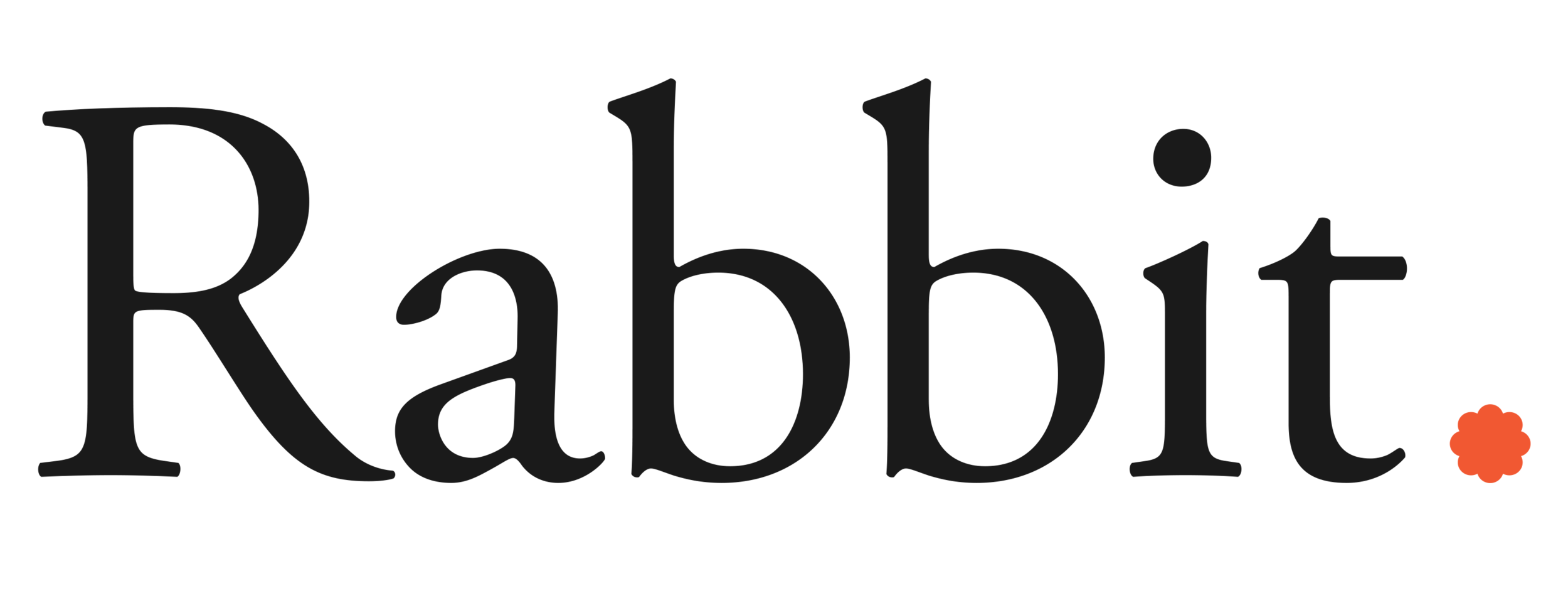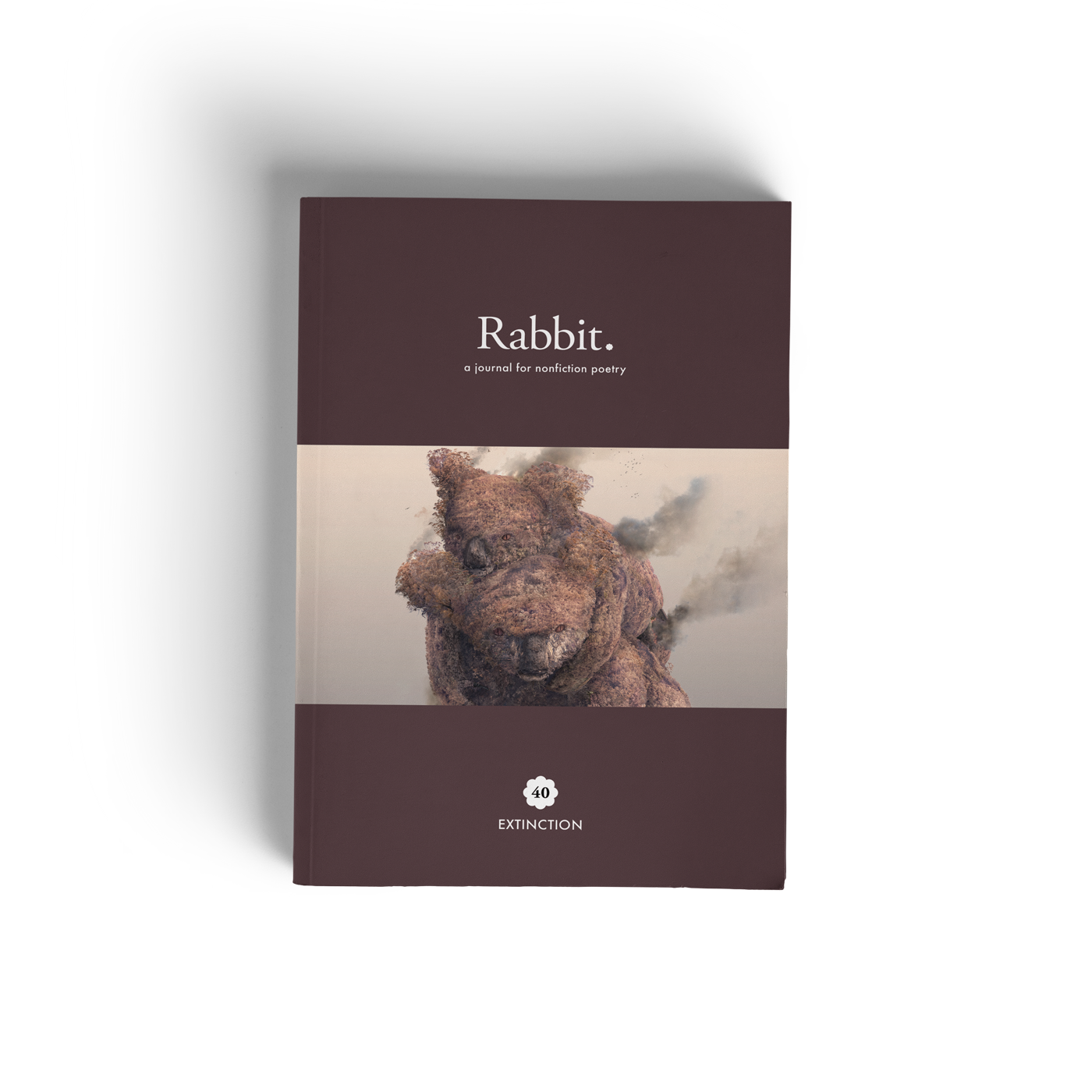RABBIT 26 – Belonging


RABBIT 26 – Belonging
Not knowing how to start this editorial, I lazily google ‘belong’. A grossly simplified e-dictionary pops up to tell me that ‘belong’ comes from Middle English: ‘be-’ + an archaic form of ‘long’. But rather than investigate longen like the diligent researcher I should be, I am temporarily sidetracked; I think intensely about ‘being long’, consider stretching out on the ground, pointing my toes, elongating my spine, straightening my fingers. I think about being the longest me I can be.
This physical proposition rolls into a metaphorical one. I contemplate the myriad ways in which poetry stretches me, not only through its formal properties and sharpened sense of language play, but also through the connections it forges between myself (as poet, as reader) and others in diverse poetry communities. And I think about all these poets—poets that I admire, poets whose poems I love and return to over and over, poets who surprise and alarm me, poets I am proud to publish in Rabbit—all writing and reading and stretching towards one another. This makes me wonder if being long means also to be longing. Reverie subsiding, I return to the dictionary, go further backwards into the etymological history of ‘belong’, to the Old English gelang: ‘at hand, together with’. The reverie seems not so ridiculous. Perhaps the act of ‘being long’ helps us to achieve that thing we all long for, to connect with others, hand-to-hand.
In another sense, poets do, I believe, trade in being both long and longing. On the one hand, we practice in crafting language that elongates—metaphor, implication, space, line breaks and more take us beyond the poem’s words, lines and content and into other spaces of thinking. On the other, our poems circulate around desire, and not in the obvious sense (poems about love!) but in the sense that our poems are always desiring of readers to come alive. As Matthew Zapruder writes in Why Poetry: ‘The usefulness of poetry has less to do with delivering messages (which we can just as easily get from prose), and far more to do with what poems can do to our language, reenlivening and reactivating it, and thereby drawing us into a different form of attention and awareness’. (xvi)
The poems in this issue, lovingly selected by Eileen Chong, draw us into this state of attention and awareness, exploring belonging (or unbelonging) in its many guises—how one belongs in one’s own skin or ‘tongue’, for instance, or amongst one’s family and friends, or within the home, suburb, landscape/s, culture/s, communities or countries one inhabits. But these poems also represent a being long, stretching through words and space between poets and readers, across continents and experiences.
I am excited about the response to this issue, and grateful for Eileen’s keen eye, trained not only on selecting taut and stimulating poems, but also on showcasing diverse Australian and international voices, of emerging and established poets. I am also thankful to have such wonderful sub-editors (ajCarruthers, Sally Evans, Amelia Dale), who have gathered together intriguing essay, review and interview content that highlights the unique talents of writers from a broad spectrum of poetry communities. You will also notice that our Rabbit content is punctuated by stunning artworks by award-winning artist Bella Li, whose work stretches across poetry, prose and visual art.
I hope this issue of Rabbit inspires all readers to stretch themselves.









